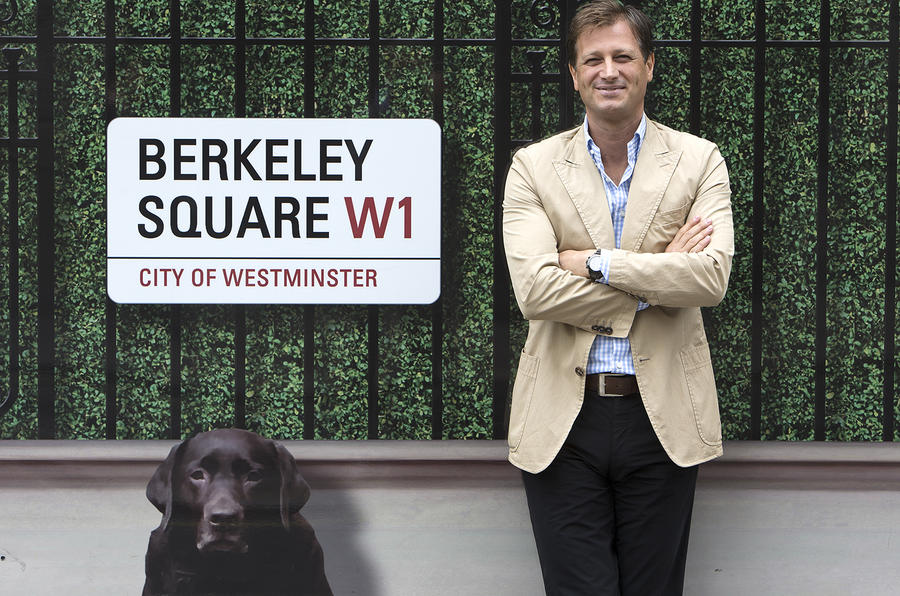Dany Bahar was always heading for a big comeback.
The former Lotus CEO, best known for the five-model recovery plan that blew up a storm of controversy when launched in 2010, may have departed Hethel in a flurry of legal recriminations, but it was always clear he had too many friends and too much influence in the unfathomable world of cars for the super-rich for him merely to fade away.
Yet the size and scale of Bahar’s comeback has surprised even the man himself. Today he is founder and CEO of a two-year-old Modena-based automotive design and engineering company, Ares, named for the Greek god of war. Its core business is improving “everything you see or touch” in super-luxury cars to make them more exclusive and distinctive than the original maker’s build processes could ever allow.
Most projects go to Middle Eastern or Asian clients, and the company has already delivered 120 of them.
The big secret, says Bahar, is to cast the owner as the car’s creator, while giving him or her access to top-class designers to translate wishes into reality. Prices are high but not quite stratospheric, he says. A full-on redesign of a Range Rover interior in wood instead of leather – a four-week job – would set you back £75,000.
The entire recladding of an existing car in unique carbonfibre panels – an eight-month task – will likely carry a bill of £750,000. Really big jobs can go into seven figures.
Why set the business up in Modena? Because set-up costs are lower than in Germany, the original target area, and there is also a “remarkable” talent pool there that contains most of Italy’s fast-car factories.
The company has moved to bigger premises once already, and will do it again before an official opening planned for September. In the meantime, there are plans, due to reach fruition in the next couple of weeks, to open a UK Ares showroom “in the Piccadilly area”.
For a business like this, Bahar reckons you need headquarters in London, Dubai, Hong Kong and Shanghai as well as the Modenese factory. “Clients in this bracket may visit the factory once,” says Bahar, “but after that they want to go somewhere more convenient.”
The whole Ares proposition rests heavily on research Bahar and his five or six backers (several from his core team at Lotus) carried out over the year or so they took fleshing out a new project. What they discovered was a whole strand of car consumers who can afford anything they want, often buying top-end cars at a rate of a dozen or more a year.
Ares’s very first customer, who paid early for extensive mods to a Bugatti Veyron and thus helped to finance the embryonic business, buys 150 super-expensive cars a year and currently commissions Ares cars by the dozen.

















Join the debate
Add your comment
Time for the TRUTH!
There is just something about the Brit's and how we, at times, view your standing in the world and the subject at the moment.
Autocar is one such publication that I think is seen in that 'more serious' kind of category and Steve Cropley one of it's well traveled and seasoned stewards.
This is why it is so disappointing to read yet again, another piece from him about the slickest of modern day snake oil salesmen.
Make no mistake about it: Danny Bahar is a fraud!
He is the charming fox in the Brooks Brothers suit walking amongst the hens. Lotus is not the only 'odd smelling' deal that his hands have been on.
It is time for Mr. Cropley to tell us why he has continued to write about this man and his little tuning house here on the precious pages of Autocar. There are hundreds of other way more legitimate, meaningful and above board stories and people in this business to write about. Why this guy(crook) again?
I have to say that today, that little bit of added seriousness and gravitas the that British may have earned, has just been lost.
So basically he's taken the
KiwiRob wrote: So basically
Indeed, hardly original and yet Steve think's it is 'inspired'.
Disgusting
Sickening Vanity